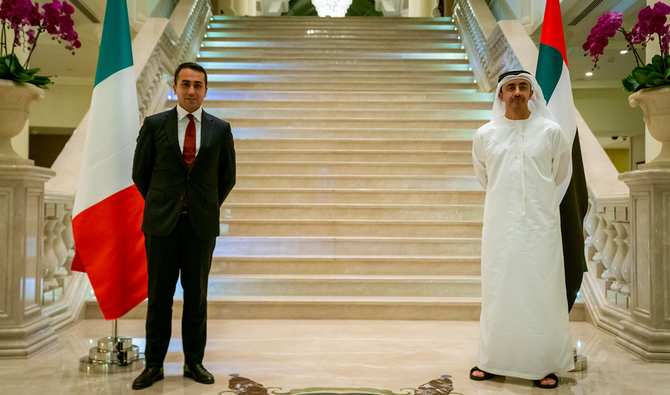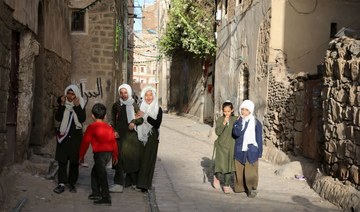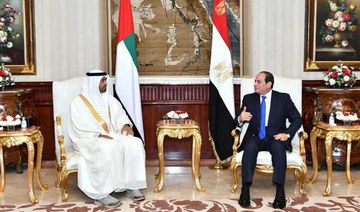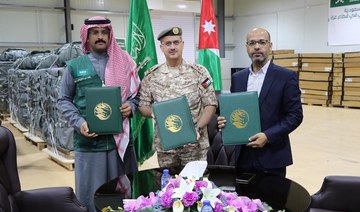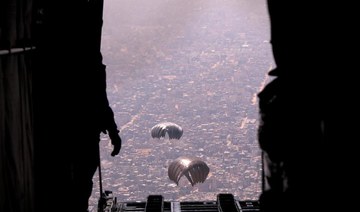ROME: Italy and the UAE have pledged to increase cooperation in several fields, beginning with the fight to contain the coronavirus disease (COVID-19) and its repercussions.
In a three-day mission to the UAE, Italian Foreign Affairs Minister Luigi Di Maio had an extensive meeting in Abu Dhabi with Sheikh Abdullah bin Zayed Al-Nahyan, minister of foreign affairs and international cooperation.
Friendship and cooperation between the UAE and Italy and their enhancement were the main points of the discussion between the two ministers.
“The cooperation between our countries is already excellent, but Italy intends to enhance it in every possible field, beginning with culture and education. This message was well received by Sheikh Abdullah bin Zayed Al-Nahyanm,” a source in the Italian Foreign ministry told Arab News.
According to a communique released after the meeting, the two ministers reviewed Italy’s participation in Expo 2020 Dubai and international issues of common interest.
The two sides also discussed the latest COVID-19 developments and cooperation between the two countries to contain its repercussions.
Di Maio visited the Dubai Future Foundation, an incubator which hosted the second edition of the “Global Start-up Program” organized by the Italian Trade Commission. Eleven Italian companies and a handful of Emirati businesses took part in the project.
“Over the past two years, the Global Start-up Program was an important element in the collaboration between Italy and the UAE. I am convinced that attention to innovation, combined with intuition and entrepreneurial skill, is a winning strategy,” Di Maio told Arab News.
He stressed that nearly 12,000 Italian startups operate in the UAE — in business, manufacturing and trade — worth over €700 million ($846,000).
“I believe it is essential to encourage international cooperation and create opportunities of mutual exchange for our entrepreneurs, especially with dynamic countries like UAE,” Di Maio added. He assured that Italian business incubators “will be glad to welcome UAE startups.”
On Tuesday, Di Maio will chair the inauguration ceremony of the Italian Pavilion at the Expo 2020 Dubai, which he defined as “a visible testimony of our attention to the most advanced technologies, but also to the enhancement of our heritage of art, history and culture.”
He added: “It is no coincidence that the theme we have chosen for the Expo is ‘beauty unites people.’ Beauty can be a vehicle of knowledge and an important instrument of connection, innovation, and sustainability. So that we can all look to the future with the awareness of our past and our values.”
The Italian Pavilion will host a spectacular 3D copy of Michelangelo’s David, one of the world’s most famous marble sculptures and a Renaissance masterpiece. The iconic original sculpture stands in Florence’s Piazza della Signoria.
The 450 kilogram model — which stands on a 150 kilogram podium — is considered the most accurate digital copy ever produced of the famous statue.
Expo 2020 Dubai was postponed by one year due to COVID-19. It will open its doors to the public in October.



